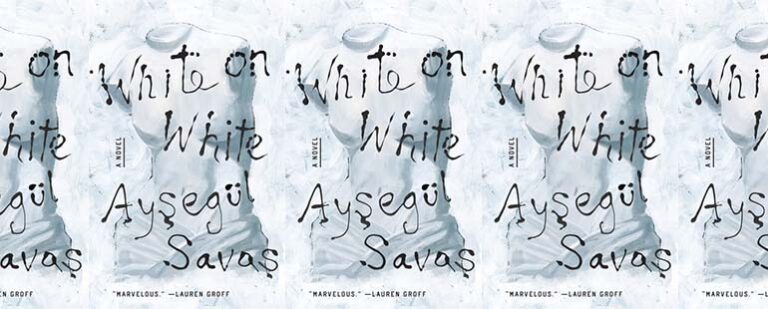Days in the History of Silence
Days in the History of Silence
Merethe Lindstrom
Other Press, August 2013
240 pages
$14.95
I’m not very familiar with Norwegian literature, so I can’t comment on whether Merethe Lindstrom’s Days in the History of Silence follows the typical conventions of Norwegian novels. What I can say is that this award-winning work defies many of the conventions I tend to associate with novels written in English—foreshadowing, dialogue formatting, an eventual climax—and to surprisingly memorable effect.
The story is told by Eva, a relatively well-off, retired teacher who, faced with her aging husband’s complete silence, is compelled to dwell in memories of the other silences they’ve created in their lives. She remembers the son she had as a teenager and gave up for adoption; she remembers the fact that her husband, a Jew, survived WWII in hiding as a child; and she remembers the reason they fired Marija, their undocumented immigrant housekeeper and closest friend. These are all stories Eva and Simon never told anyone, not even their three daughters.
Structurally the novel intertwines the threads of those silent stories to create a tapestry of characters and motivations, rather than a typical plot. The reading experience becomes one of meandering through someone’s mind. The chapters are not numbered and left me curiously unmoored and directionless. The dialogue has no quotations, using only tags, such as “I said.” And crucial bits of information—like Eva’s abandoned son—are given suddenly, without buildup or fanfare. All these elements contribute to the sense that Eva truly is the only audience for her own, familiar thoughts, and the reader simply a bystander who slowly gets to piece together a life where the unspoken and uncertain dominate.
But what is so remarkably engaging about this perspective is that Eva’s mind is an incredibly sharp, self-aware and insightful one. She is a character who is emotional without being sentimental, and who approaches grief in a clinical, matter-of-fact way. And it is with great honesty and frequent unexpectedness that she one by one by one reveals the events and decisions that have grown to make her life no longer tolerable in the end.
At its core, Lindstrom has written a book that explores questions of courage, truth, loneliness, honesty, love and loyalty—the kind of everyday emotions and questions ordinary people have to face. It grapples with the consequences of life events that, upon little consideration, are anything buy far-fetched. Days In the History of Silence is a very quiet book; it ultimately doesn’t have a discernible apex or even an earth-shattering ah-ha moment.
But it is this quietness that makes Eva’s voice linger long after the last page, asking you about the nature of consciousness and consequence. Asking you to consider, as Eva puts it, whether “cowardliness is measured by what you risk losing, weighed against the thought of losing yourself.”


